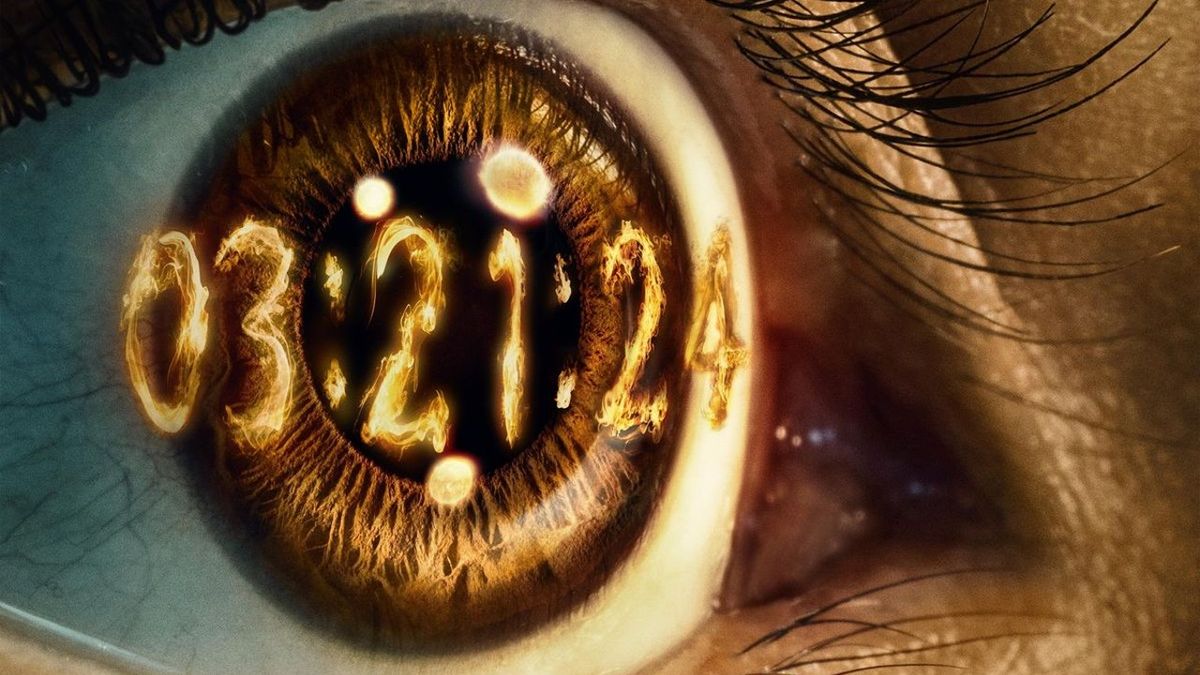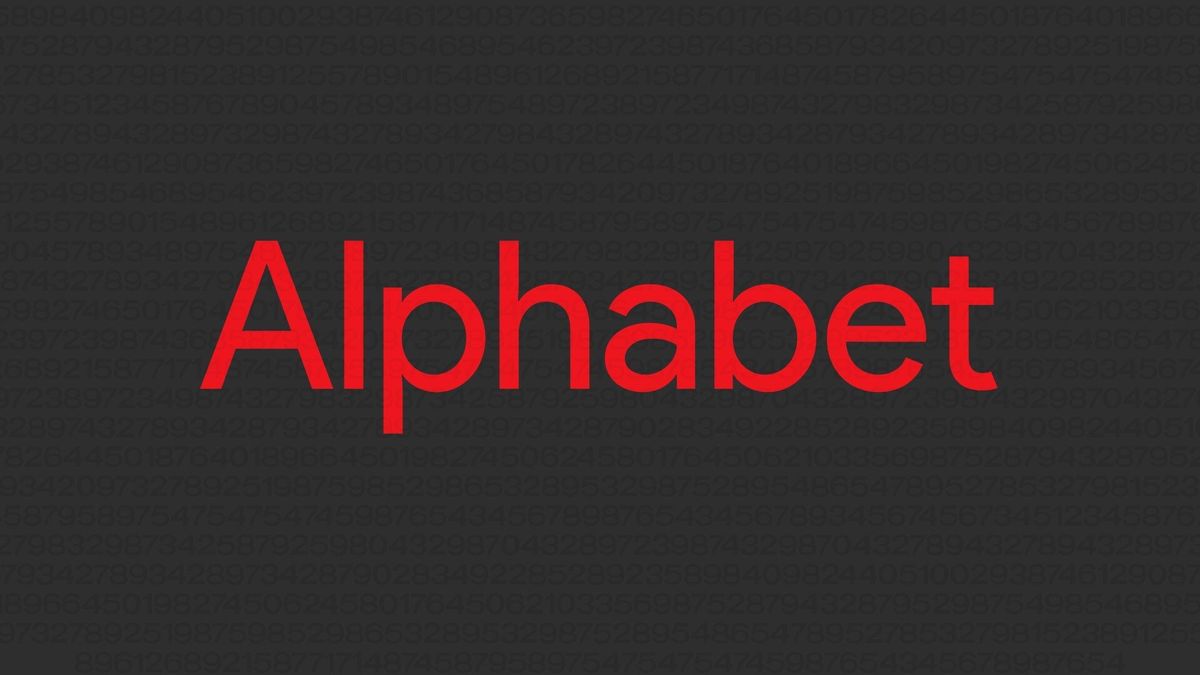SALT LAKE CITY — A Utah regulation requiring grownup web sites to confirm the age of their customers will stay in impact after a federal decide dismissed a lawsuit from an trade group difficult its constitutionality.
The dismissal poses a setback for digital privateness advocates and the Free Speech Coalition, which sued on behalf of grownup entertainers, erotica authors, intercourse educators and informal porn viewers over the Utah regulation — and one other in Louisiana — designed to restrict entry to supplies thought-about vulgar or specific.
U.S. District Court docket Choose Ted Stewart didn’t deal with the group’s arguments that the regulation unfairly discriminates towards sure sorts of speech, violates the First Modification rights of porn suppliers and intrudes on the privateness of people who wish to view sexually specific supplies.
Dismissing their lawsuit on Tuesday, he as a substitute stated they could not sue Utah officers due to how the regulation requires age verification to be enforced. The regulation does not direct the state to pursue or prosecute grownup web sites and as a substitute offers Utah residents the ability to sue them and acquire damages if they do not take precautions to confirm their customers’ ages.
“They can not simply obtain a pre-enforcement injunction,” Stewart wrote in his dismissal, citing a 2021 U.S. Supreme Court docket choice upholding a Texas regulation permitting personal residents to sue abortion suppliers.
The regulation is the most recent anti-pornography effort from Utah’s Republican-supermajority Legislature, which since 2016 has handed legal guidelines meant to fight the general public and psychological well being results they are saying watching porn can have on youngsters.
In passing new age verification necessities, Utah lawmakers argued that as a result of pornography had turn into ubiquitous and simply accessible on-line, it posed a menace to youngsters of their developmentally adolescence, after they start studying about intercourse.
The regulation doesn’t specify how grownup web sites ought to confirm customers’ ages. Some, together with Pornhub, have blocked their pages in Utah, whereas others have experimented with third-party age verification providers, together with facial recognition applications resembling Yoti, which use webcams to determine facial options and estimate ages.
Opponents have argued that age verification legal guidelines for grownup web sites not solely infringe upon free speech, but in addition threaten digital privateness as a result of it is unimaginable to make sure that web sites do not retain person identification information. On Tuesday, the Free Speech Coalition, which can also be difficult an identical regulation in Louisiana, vowed to enchantment the dismissal.
“States are trying to do an finish run across the First Modification by outsourcing censorship to residents,” stated Alison Boden, the group’s govt director. “It’s a brand new mechanism, however a deeply flawed one. Authorities makes an attempt to relax speech, regardless of the strategy, are prohibited by the Structure and many years of authorized precedent.”
State Sen. Todd Weiler, the age verification regulation’s Republican sponsor, stated he was unsurprised the lawsuit was dismissed. He stated Utah — both its govt department or Legislature — would doubtless increase its digital identification applications sooner or later to make it simpler for web sites to adjust to age verification necessities for each grownup web sites and social media platforms.
The state handed a first-in-the-nation regulation in March to equally require age verification for anybody who desires to make use of social media in Utah.
Utah Legal professional Common Sean Reyes, one of many officers named within the lawsuit, applauded Stewart’s dismissal and referred to as age verification necessities “cheap safeguards for our youngsters.”
“The innocence and security of our youngsters are paramount and price defending ardently,” he stated in a press release.



.jpg)

















